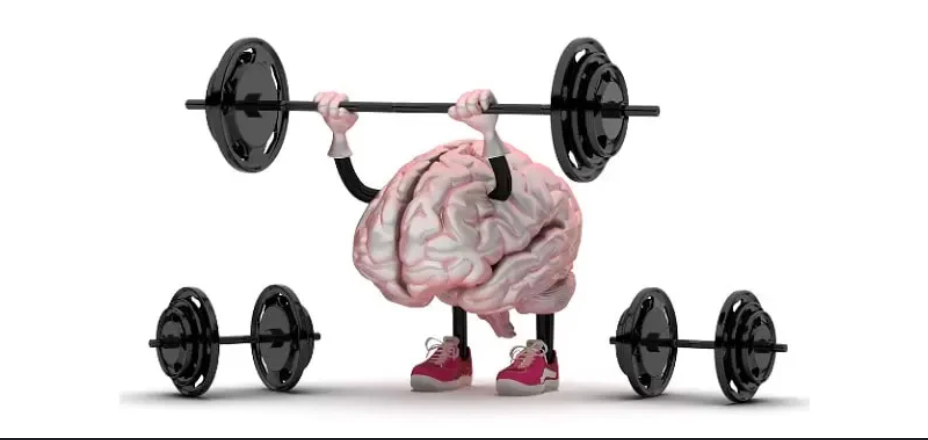
The Connection Between Exercise and Brain Health
|
|
Time to read 2 min
|
|
Time to read 2 min
Exercise is widely known for its benefits on physical health, such as weight management, cardiovascular health, and muscle strength. However, recent research has uncovered a strong link between physical activity and brain health , showing that regular exercise can enhance cognitive function, improve memory, and reduce the risk of neurodegenerative diseases like Alzheimer’s and dementia. In this blog, we’ll explore the science behind this connection, highlighting key studies and statistical data that support the profound impact of exercise on the brain.
Engaging in physical activity triggers a cascade of biological processes that contribute to a healthier brain. Some of the most notable effects include:
Increased Blood Flow to the Brain : Exercise increases heart rate, promoting better circulation and delivering more oxygen and nutrients to the brain, which is essential for optimal cognitive function.
Neurogenesis (Growth of New Brain Cells) : Studies have shown that exercise stimulates the production of new neurons, particularly in the hippocampus, the region responsible for memory and learning.
Reduction in Stress Hormones : Regular physical activity helps lower cortisol levels, reducing stress and anxiety, which can otherwise impair cognitive performance.
Release of Brain-Boosting Chemicals : Exercise promotes the release of neurotransmitters like dopamine, serotonin, and endorphins, which play crucial roles in mood regulation and mental well-being.
A landmark study published in the Journal of Aging and Physical Activity found that adults who engaged in regular aerobic exercise performed better on cognitive tests compared to their sedentary peers. The research highlighted improvements in processing speed, executive function, and memory among physically active individuals.
According to a study from the Alzheimer’s Association, individuals who engage in moderate-intensity exercise for at least 150 minutes per week have a 40% lower risk of developing Alzheimer’s disease compared to those with sedentary lifestyles. The study emphasizes how exercise can delay cognitive decline and reduce amyloid plaque buildup, a hallmark of Alzheimer’s.
A meta-analysis published in JAMA Psychiatry found that people who exercise regularly are 26% less likely to develop depression compared to those who do not. The study suggests that the antidepressant effects of exercise are comparable to those of commonly prescribed medications.
While all forms of exercise can benefit the brain, some are particularly effective:
Aerobic Exercise (Cardio) : Activities such as running, cycling, and swimming enhance cardiovascular function, increasing oxygen flow to the brain and promoting neurogenesis.
Strength Training : Resistance training, including weightlifting and bodyweight exercises, improves brain plasticity and helps maintain cognitive function as we age.
Yoga and Mindfulness Exercises : Practices like yoga and tai chi reduce stress, improve focus, and promote mental clarity through controlled breathing and movement.
According to the Centers for Disease Control and Prevention (CDC) and the World Health Organization (WHO), adults should aim for:
150–300 minutes of moderate-intensity exercise or 75–150 minutes of vigorous exercise per week.
Muscle-strengthening activities at least two days a week.
Regular movement throughout the day , as prolonged sitting has been linked to cognitive decline.
The evidence is clear: exercise is one of the most powerful tools for maintaining and improving brain health . From boosting memory and cognitive function to reducing the risk of dementia and mental health disorders, regular physical activity provides profound neurological benefits. Whether you prefer jogging, strength training, or yoga, incorporating movement into your daily routine can lead to a sharper mind and a healthier future.
If you’re not exercising regularly yet, now is the perfect time to start—your brain will thank you!
Your Cart is Empty

